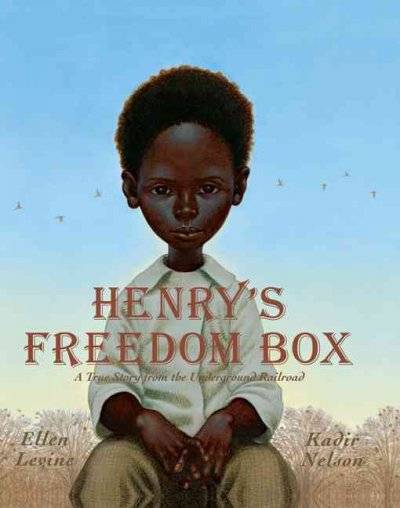As a boy in the early 1800s, Henry’s master took him from his mother and gave Henry to work as a slave for his son. Henry eventually married and had children, who all were sold away from him. His heart ached for his loved ones but he realized he wouldn’t see them anymore. With the help of friends, including a white abolitionist, Henry decided to ship himself to freedom. He got into a box and mailed himself from Virginia to Pennsylvania. In 1849 he was free from slavery but neither he nor his mom was free to be with their children, something they longed to do. Now I’m sure if my acquaintance had her children stolen from her, her heart would ache and she would fight to get them back, but her attitude conveyed an unwillingness to care for her them in a hard place. And I imagine there are few harder places to care for children than in slavery.
Joshua, 7, has a mouth that moves more than his busy body. And Nathaniel, 2, grabs and seeks to destroy everything in his sight. And Justus, 3 months, needs me for everything. Yes, my children are a challenge, but I’m so glad I can hold them, be around to scold them and to pour into them my values most of the day. Henry didn’t have that. Neither did his mom or wife or thousands of other enslaved Africans. Henry is my hero and so are the other men and women whose families were torn apart but they didn’t fall apart completely. They kept on because they chose to. And we get tripped up over some crying, demanding children who God has granted us favor to have. They weren’t sold or swindled from us like some Haitian children whose parents believed would have a better life if they gave them over to an agency that promised that. I hope we reassess our attitude toward being with our children and are grateful for the privilege to care for them, even in the hard places.
Copyright 2010 by Rhonda J. Smith

